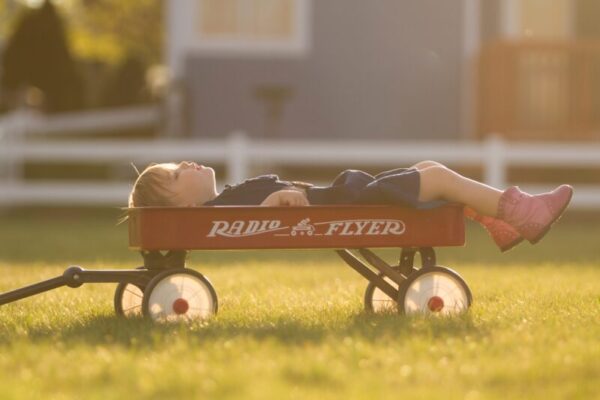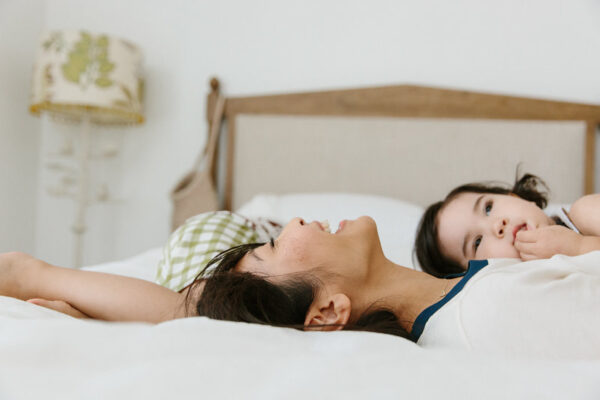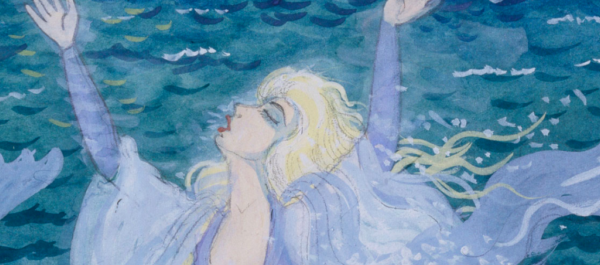More than classes and lessons and programming kids lives, Danes firmly believed in the power of play for children. In a recent interview, Danish psychotherapist Iben Sandahl, tells us more about the Danish way of Play.
What do you think play means to Danes?
Play is such a big part of being Danish. It has been this way for many years. This Danish tradition goes all the way back to 1871 when wife Niels and Erna Juel Hansen came up with the first educational theory based on play. They considered play crucial for a child’s development. So it has been important for us, fundamental even, for many years.
You were quoted as saying you think play is “the educated choice”. Why do you think that?
Just because we can’t always see and measure how much a child is actually learning by playing, doesn’t mean they aren’t learning. They might not be reading or playing the piano perfectly but they are learning social skills, how to regulate emotions, cope with stress and negotiate difficult situations. These are important life skills adults can’t instil in them in a class. It’s a different but incredibly important education children get through play. The thing is, children fundamentally want to play with each other so they find a way to make it work. These skills build a stronger sense of self.
Why is play better than “developing” children with classes?
Play is a way of meeting the child’s needs, not the adult’s needs. What do I mean? Much of Denmark’s learning is based on a concept called proximal development. This means that a child needs the right amount of space to learn and grow in the zone that is right for them with the right amount of help. So if we push them or pull them too much, they risk losing the joy of learning and getting anxious. It’s that joy of learning and mastering something that is so powerful. Play, we know, helps children tune into that zone of proximal development without noticing it. These days kids have so little time to tune into their own needs. Play facilitates this.
Many people consider play the lazy choice. What do you think of that notion?
All parents experience guilt for not doing enough for their kids and I can really respect and relate to that. But I am 100% positive they would see play as significant and important, not lazy, if they saw a child’s needs from a Danish perspective.
What about play for older kids? How does that work?
There are so many examples but in schools in Denmark, many encourage classes to organize playgroups outside of school. Once a month parents (sort of class reps) organize themselves in a rotation to invite a mix of 5-6 kids to come for “spise-lege” “eat and play” at their houses after school from 7-8pm. So one set of parents or parent does it first with the choice of kids. It is mixed gender and there is no “set” game. The kids play whatever they find fun and they all join in. The parents rotate every month changing up the kids and the house/host. This fosters “hygge”, trust and a lot of play. All kids get to be part of it during the year. For the high school kids some schools have something called “Play Patrol”. The older kids help the smaller classes get involved in play on the field (this is cooler for the older kids because they are involved in play while helping the younger ones). They are given a bag with ideas and instructions on how to try to include the shyer kids as well. It’s a way to promote play, physical fitness and empathy.
What is the right amount of adult interaction in play?
There is no instruction manual. Everything depends on the individual child. The important thing is to know your child-to really try to understand the person you have in front of you so you don’t make the interaction about your own needs or ideas.
Is there a way to mix education and play and what is the right balance?
The balance is to understand where the zone of proximal development is. It is individual and only by talking to and understanding your child can you know how to find the right balance.
You talk a lot about the ‘whole child’. Can you explain what that is and why you think that fosters more happiness?
Danes focus on developing childrens internal locus of control. Locus of control is referring to the place from which one feels a sense of control over one’s life. Where you believe that you have the power to control your life. By trusting your children to be able to do and try new things and give them space to build their own trust of themselves (like in play) helps to build the ‘whole child’. We try to provide them with a scaffolding for their development to let their self-esteem climb. In the long run this makes happier children who grow up to be happy adults – and then the cycle repeats itself.
To read more about The Danish Way of Parenting it’s here.





Scandinavian parenting: Dos and don'ts when coming to America
[…] sometimes comes at the expense of the organic process of learning and exploring. I still believe kids learn best from play, and on their own schedule. Don’t get stressed out if all your neighbors and friends are signing […]